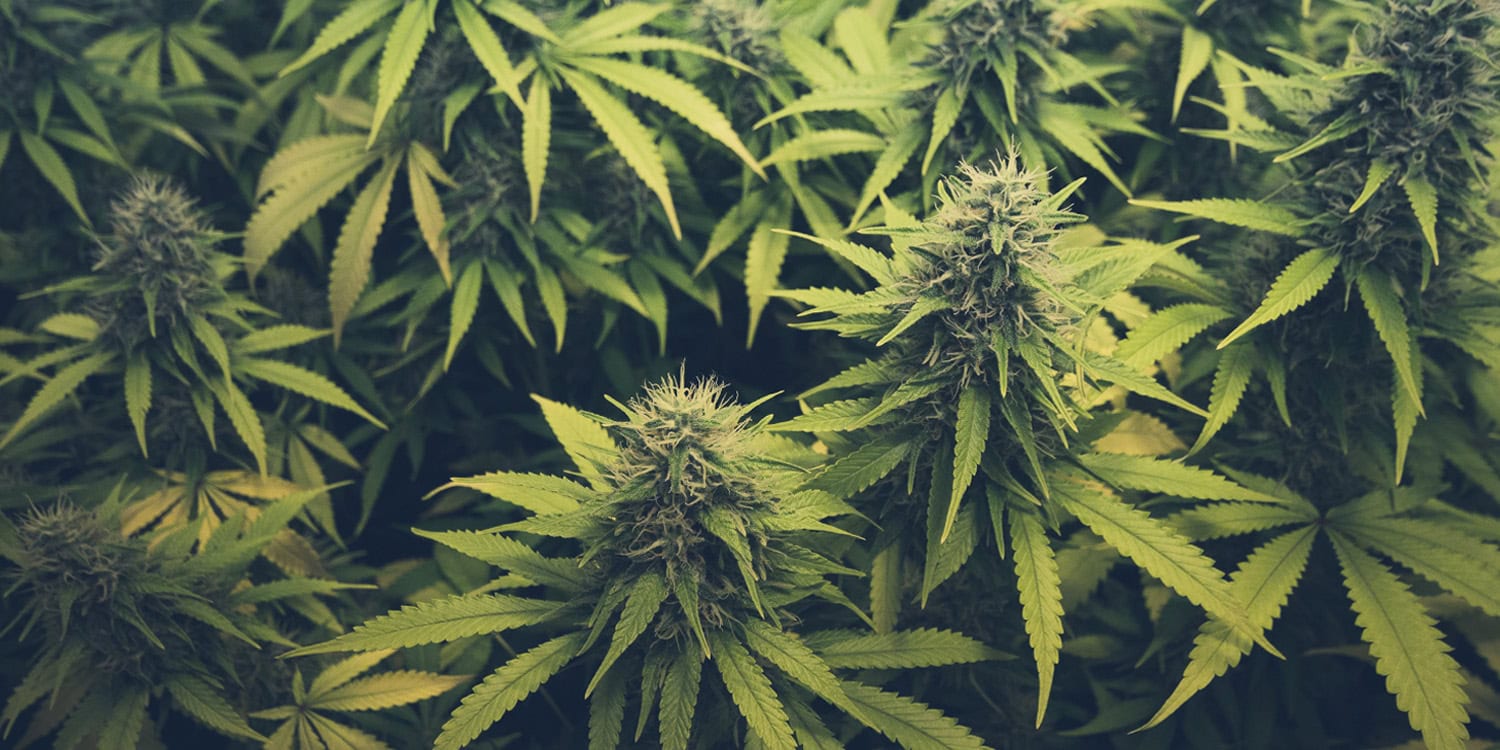In a recent study, researchers found that a lesser-known compound from the cannabis plant, cannabigerol (CBG), can reduce anxiety without the intoxication commonly linked to cannabis. The study, published in Scientific Reports, found that participants who took CBG reported feeling less anxious and stressed compared to those who received a placebo. Interestingly, the study also hinted that CBG may even improve memory. These results are significant as CBG is emerging as a potential therapeutic option for people seeking relief from anxiety without the side effects typically associated with cannabis.
Cannabigerol, or CBG, has recently garnered attention due to its potential therapeutic benefits, but research on its effects in humans has been sparse. Unlike its more famous cousin, tetrahydrocannabinol (THC), which produces the “high” associated with cannabis, CBG is non-intoxicating. Producers of cannabis-based products have increasingly turned to CBG, touting it as a remedy for anxiety, pain, depression, and other ailments. However, despite these claims, there was little scientific evidence to support CBG’s effects in humans.
Previous studies had mainly been conducted in animals, where CBG showed promise in reducing anxiety and pain, as well as in treating conditions like glaucoma and inflammatory bowel disease. Still, the lack of human clinical trials meant that the actual impact of CBG on people was unknown. To bridge this gap, researchers launched a rigorous study to determine whether CBG could truly deliver the therapeutic effects users claimed.
“Cannabigerol (CBG) is a minor cannabinoid found in cannabis and hemp plants that is often referred to as ‘the mother of all cannabinoids’ as it is the precursor to numerous other cannabinoids including THC, CBD, and CBC,” explained study author Carrie Cuttler, an associate professor of psychology at Washington State University. “CBG has been increasing in availability and popularity with some producers marketing it as being relaxing and calming. However there have been very few studies of the effects of CBG on humans.
To explore the effects of CBG, the researchers designed a double-blind, placebo-controlled, cross-over field trial. This type of trial is considered the gold standard in clinical research because it minimizes bias and ensures that neither the participants nor the researchers know who is receiving the active compound or the placebo. The study took place remotely via Zoom, allowing for a broader range of participants across various locations.
The trial included 34 healthy adults, all of whom had experience using cannabis but had never used CBG. The participants were required to abstain from using cannabis for at least 24 hours before each session to ensure the effects of CBG could be isolated. Each person participated in two sessions: one in which they took 20 mg of CBG and one in which they received a placebo. The two sessions were spaced one week apart to prevent any carryover effects from the first dose.
Participants consumed a tincture containing CBG derived from hemp plants, and the placebo was a similar-looking herbal solution without any active ingredients. After ingesting either the CBG or the placebo, participants completed a series of tasks designed to measure anxiety, stress, mood, memory, and potential side effects. These tasks included the Trier Social Stress Test, a widely used method to induce stress by having participants give a speech and perform mental arithmetic in front of an audience.
The researchers used questionnaires to assess subjective feelings of anxiety, stress, and mood before and after the test. In addition, participants completed cognitive tests to assess memory and used an app to measure motor coordination and cognitive impairment, which helped determine whether CBG had any effect on their ability to function.
Participants who received CBG reported a significant reduction in anxiety compared to those who took the placebo. On average, participants’ anxiety levels decreased by 26.5% after taking CBG, while those who took the placebo experienced a 22.5% reduction. The researchers also found that CBG reduced feelings of stress before participants underwent the stress test, although these effects diminished after the stressful task.
“Results of our double-blind placebo-controlled cross-over trial indicate that CBG reduces subjective feelings of anxiety and stress,” Cuttler told PsyPost.
In addition to reducing anxiety and stress, CBG appeared to have a positive effect on memory. In one memory test, participants who had taken CBG recalled more words than those who took the placebo, suggesting that the compound might enhance learning and memory. This finding was unexpected, as cannabis products containing THC are known to impair memory.
“I included this verbal memory test as a measure of cognitive impairment since THC reliably reduces verbal memory test performance and was rather surprised to detect these memory enhancing effects,” Cuttler explained. “Since this was unexpected, it will be important to replicate this effect before putting too much faith or emphasis on it.”
Another key finding was that CBG did not produce the intoxicating effects typically associated with cannabis. Participants reported no feelings of being “high,” and their scores on cognitive and motor impairment tests were similar to those in the placebo group. This lack of intoxication is an important feature, as it suggests CBG could be used therapeutically without interfering with daily activities.
Moreover, the study found no significant side effects. Participants did not experience common cannabis-related issues like dry mouth, increased appetite, or heart palpitations. The only noticeable effect was a slight increase in appetite over time, but this was observed in both the CBG and placebo groups.
While the findings are promising, the study does have limitations. One major limitation is the small sample size—only 34 participants were included in the trial. A larger sample could provide more robust data and help confirm whether the effects of CBG hold true across a broader population. Additionally, the study was conducted with people who were already familiar with cannabis, which means the results might not apply to people who have never used cannabis products before. Future research will need to include non-users to see if they respond differently to CBG.
Another limitation is that the study only looked at the short-term effects of CBG. Participants were monitored for about an hour after taking the compound, so it is unclear how long the effects of CBG last. Further research will be necessary to determine whether repeated or long-term use of CBG might produce different effects.
The researchers also did not measure physiological responses, which could provide more objective data on how CBG affects the body. Although the participants reported feeling less anxious, it is possible that these self-reported feelings do not fully capture the compound’s impact on the body’s stress response. Future studies should incorporate these physiological measures to gain a clearer picture of CBG’s effects.
Lastly, the dosage used in this study—20 mg of CBG—was relatively low. Other recent studies have used higher doses, and it is possible that a higher dose of CBG might produce stronger effects on anxiety, stress, and memory. Future trials should explore a range of doses to determine the optimal amount for therapeutic use.
“Since this is the first study of its kind it will be very important to try to replicate these effects,” Cuttler said. “Also, the study was conducted remotely over Zoom so we were not able to include objective physiological measures of things like blood pressure, heart rate, electrodermal activity, and cortisol. Similarly, we only measured a small number of potential side effects (dry eyes, dry mouth, appetite, sleepiness, heart palpitations) so it’s possible that CBG has other negative side effects that we simply didn’t measure.”
“We are currently working on launching a new clinical trial to not only replicate these effects but also to extend them to a sample that includes non-cannabis users and that includes various physiological outcomes (objective measures of heart rate, electrodermal activity, cortisol) so that we can try to objectively corroborate some of the subjective reports of reduced anxiety and stress. We are also currently designing a new study to examine the effects of a CBG formulation on menopause and perimenopause symptoms that we will conduct remotely using ecological momentary assessments and Zoom.”
The study, “Acute effects of cannabigerol on anxiety, stress, and mood: a double‑blind, placebo‑controlled, crossover, field trial,” was authored by Carrie Cuttler, Amanda Stueber, Ziva D. Cooper, and Ethan Russo.




